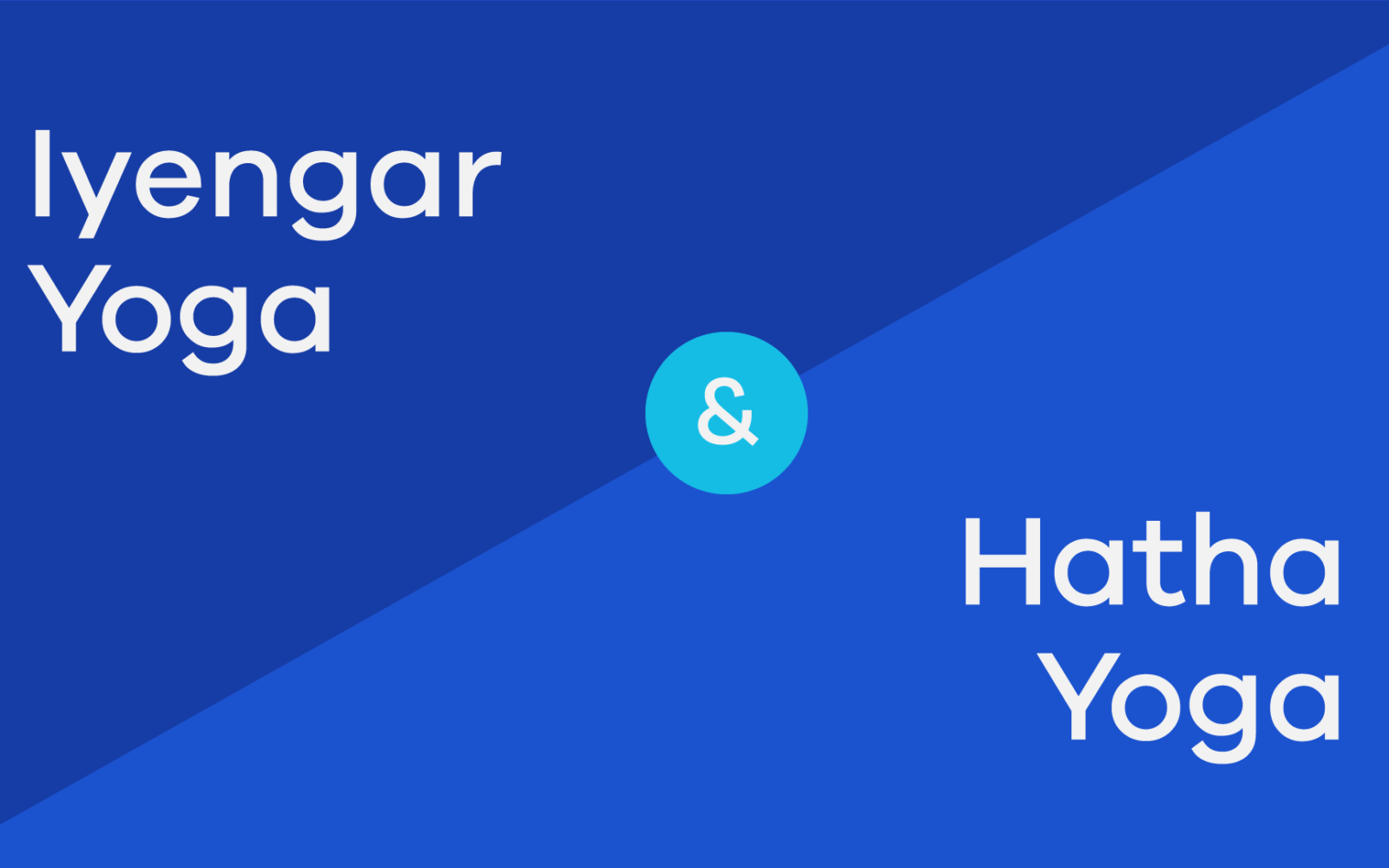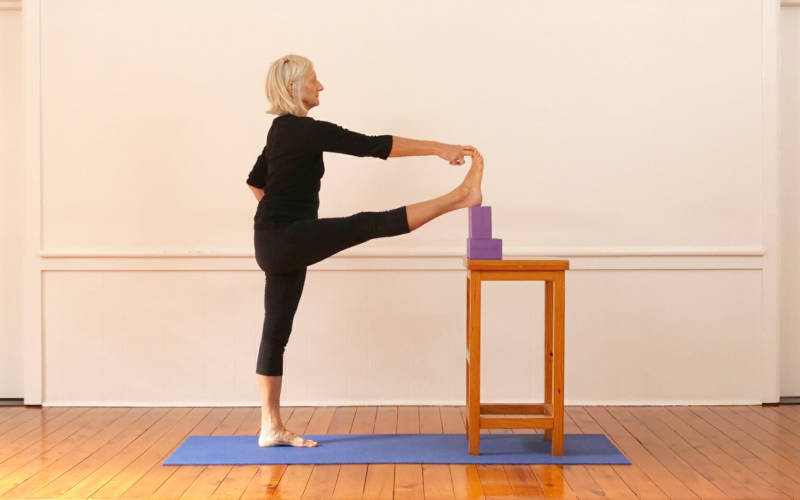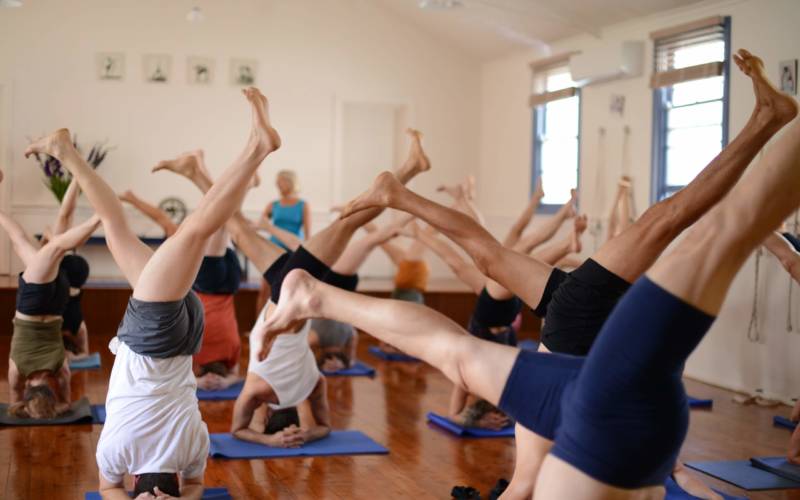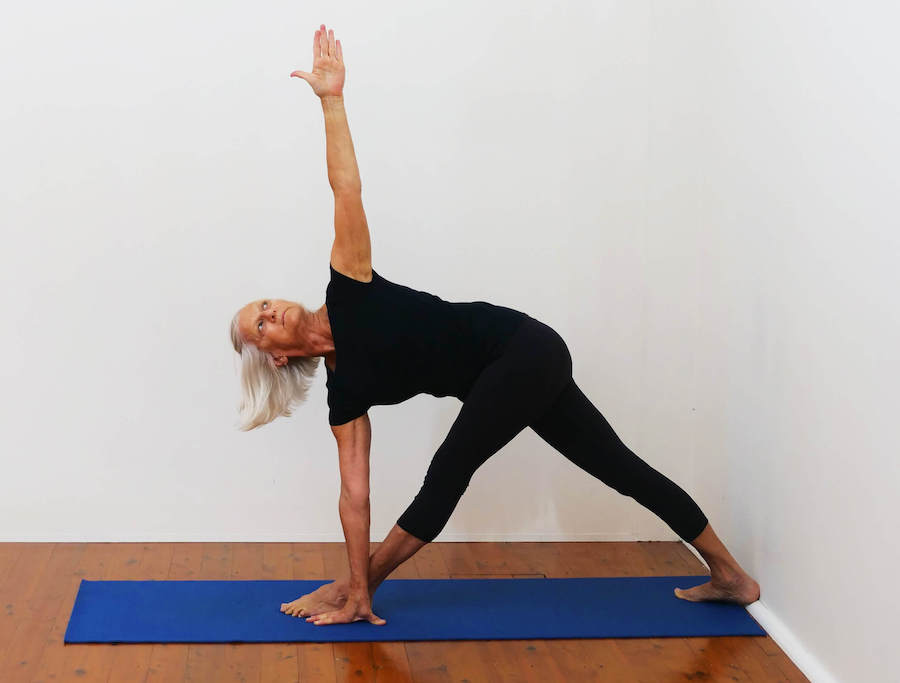What’s the difference between Hatha Yoga and Iyengar Yoga
Everyone has heard of yoga, and most of us will be aware that there are different kinds. But yoga itself isn’t a particularly easy thing to interpret from a newcomer’s point of view. There are plenty of names, branches, and phrases that crop up that can make it tricky to understand what you might be hearing about or reading.
At Yoga Vastu, we seek to accommodate everyone from the most experienced practitioners through to those just starting out. In this article, we want to unpack what we mean by Iyengar yoga, and how this branch of yoga differs from Hatha yoga.
Read on here with us to gain clarity and discover more about how you can begin your practice at home with Yoga Vastu.
What is Iyengar Yoga?
Iyengar yoga (pronounced eye-yen-gar) is a relatively new iteration of ages-old yogic practices. Developed and taught by B.K.S. Iyengar, the branch of yoga that takes his name is one of the better-renowned schools of yoga that made the step toward yoga as exercise.
The style is characterised by an emphasis on finding alignment throughout the body via poses and positions. Teachers of Iyengar yoga are held to a high standard. One that sees them committing to years of practice and learning before teaching others.
Iyengar yoga is a style that lends itself particularly well to those looking to heal injuries and explore their bodies. Props such as cushions, benches, blocks, and straps feature strongly. These tools can be used to assist practitioners in achieving their desired positions. But don’t worry, virtually every prop can be improvised using items from around the home.
You won’t find the same dynamic or ‘explosive’ motions that you might find in Ashtanga yoga or Vinyasa yoga. A far greater emphasis is placed on the smaller details that make certain poses (or asanas) so beneficial.
What is Hatha yoga?
Hatha yoga is a branch of yoga that Iyengar yoga stemmed from. It is considered by many to be one of the earlier yogic traditions to reach the west – and the founder of Iyengar yoga, B.K.S Iyengar, is considered one of Hatha yoga’s great proponents.
Hatha yoga dates back thousands of years. Its modern iteration in the west has informed the democratisation of yoga and has granted practitioners the space to engage in a yogic practice without the religious or spiritual aspect.
It’s important to understand that yoga as a form of exercise is a relatively new and very western phenomenon. The development of Iyengar, of Ashtanga Vinyasa, and of other forms that don’t demand a spiritual engagement, all stem from Hatha yoga.
Why might Iyengar yoga be the right choice for me?
We don’t tend to think of a slow and detailed engagement with poses and postures as being a great challenge. But Iyengar yoga is very well adapted to provide mental and physical challenges that you will undoubtedly find some reward in. For older newcomers to yoga, or for those looking to begin a practice that will not endanger an injury yet to fully heal, Iyengar yoga presents an opportunity to do something positive for the body and mind.
Begin your practice today
Yoga Vastu is an online yoga studio dedicated to providing yoga practitioners new and experienced with a way of advancing their practice in their own home. Our teachers have each dedicated their lives to the study of this wonderful branch of yoga and have sought to share their knowledge far and wide through the Yoga Vastu platform.
You can get started with us today. A 14-day trial will give you plenty of time to explore what we have to offer and decide whether Yoga Vastu and studying Iyengar yoga online is right for you.








